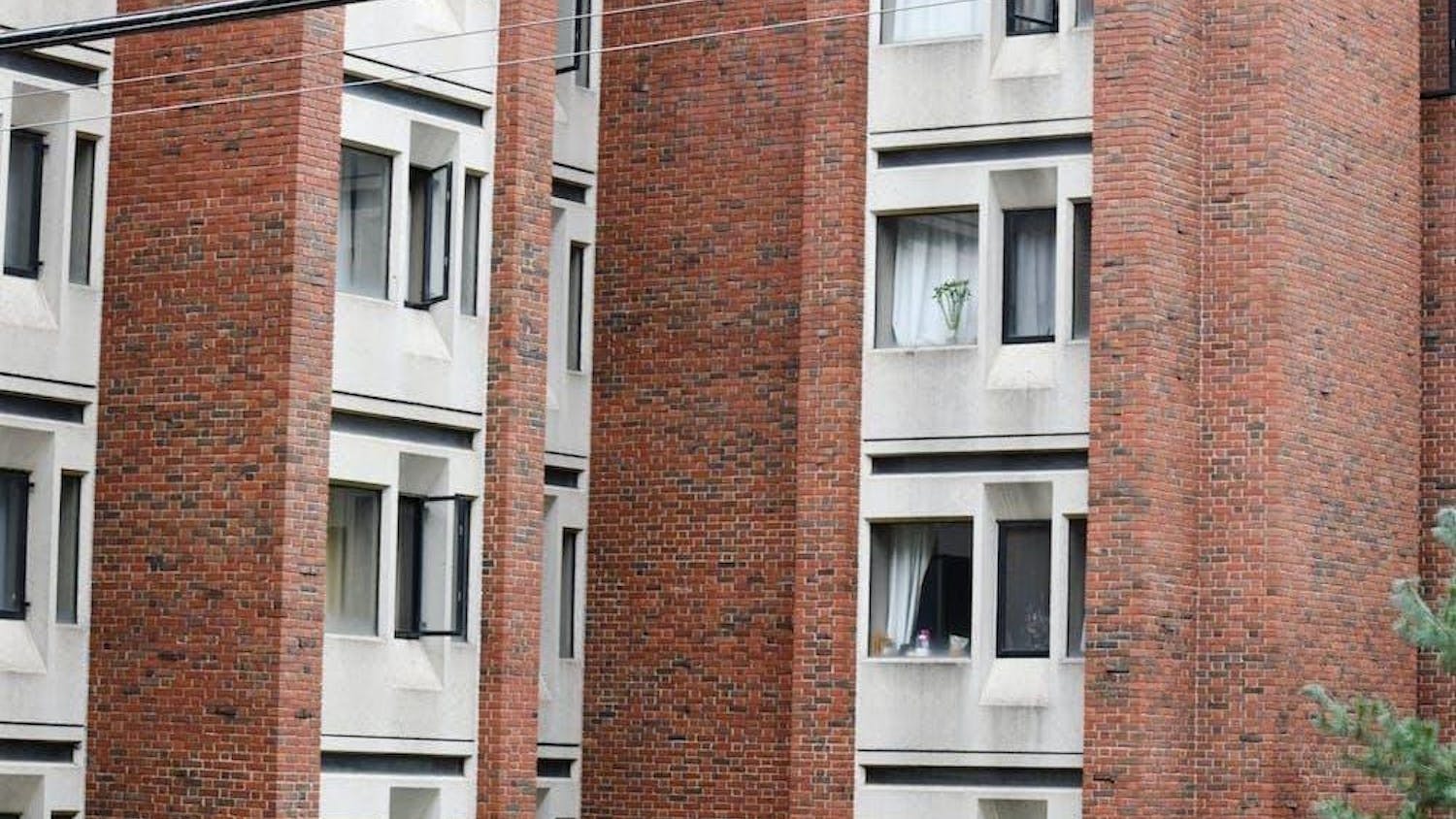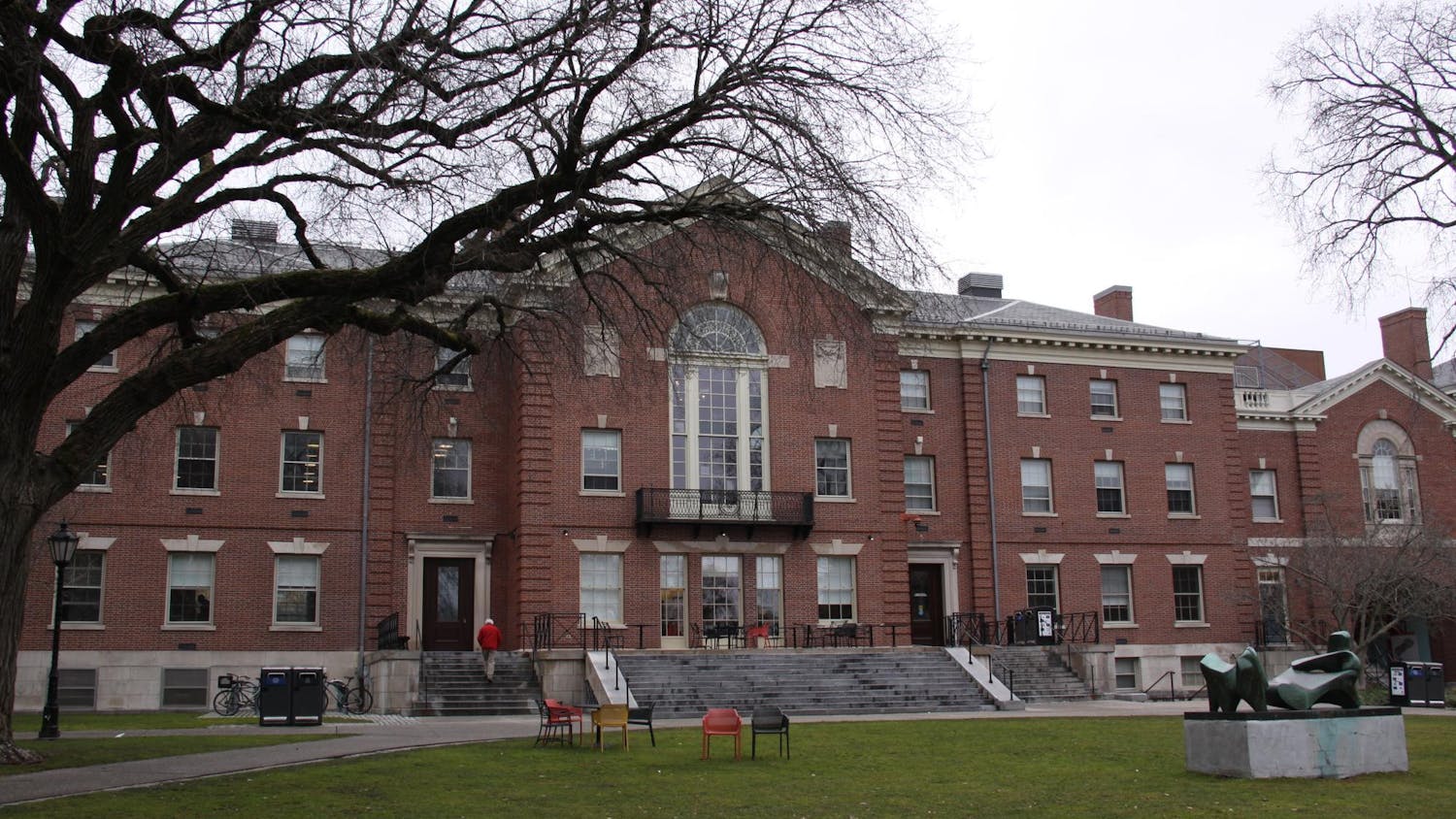Harvard law school professors criticize new sexual harassment policy
A group of 28 current and former Harvard law school professors wrote a letter published in the Boston Globe Oct. 14 lambasting the university’s new sexual harassment policy.
The criticism comes as Harvard is being investigated by the U.S. Department of Education’s Office for Civil Rights for Title IX violations, multiple outlets reported.
The letter cited concerns over representation for the accused, absence of adequate evidence and a broader “definition of sexual harassment that goes significantly beyond Title IX and Title VII law.”
The policy, released in July, adopted a “preponderance of evidence” as Harvard’s conduct standard for judging whether an act constituted sexual assault or harassment, as opposed to the often harder-to-prove “clear and convincing” standard used by some other institutions, the Globe reported. The university also established an Office for Sexual and Gender-Based Dispute Resolution.
“As teachers responsible for educating our students about due process of law, the substantive law governing discrimination and violence, appropriate administrative decision-making and the rule of law generally, we find the new sexual harassment policy inconsistent with many of the most basic principles we teach,” the letter’s authors wrote.
Harvard “appreciates that not every member of the community will agree with every aspect of the new approach,” Harvard spokesperson Jeff Neal wrote to the Harvard Crimson, adding that there is room for debate on whether the new policies go too far or are insufficient.
Federal court rules Georgia State’s online course materials violated copyright laws
A federal appellate court ruled Friday that Georgia State University infringed on copyright laws in making materials available to students for free on their online course reserves, the Chronicle of Higher Education reported. The ruling was a reversal of a federal district court’s previous opinion in 2012 that the university’s action did not violate copyright laws.
The original suit was filed in 2008 by three publishers — Oxford University Press, Cambridge University Press and SAGE Publications — and alleged “systematic, widespread and unauthorized copying and distribution of a vast amount of copyrighted works,” the Chronicle reported at the time.
The suit centered around the question of whether Georgia State had violated fair use standards for copyrighted materials for educational use by making certain works available online for free to students.
“We are pleased that a unanimous panel of the 11th Circuit U.S. Court of Appeals today agreed to reverse the District Court’s judgment,” the American Association of Publishers wrote in a statement on its website. “AAP believes that today’s decision will help to protect the intellectual property rights of authors and publishers who are providing students with high-quality educational materials.”
The reversal means that the publishers who filed the suit will be compensated for the $3 million in legal fees that they were instructed to pay Georgia State after the original ruling, Publishers’ Weekly reported.
Dartmouth newspaper editorial calls for abolition of Greek life
The Dartmouth published a front-page editorial Friday calling for the university to cut off formal recognition of Greek organizations on campus.
“Abolishing Greek life, though not a be-all, end-all solution, would offer Dartmouth a chance to rebuild its social life from the ground up,” the Dartmouth’s editorial board wrote. The editorial cited previous efforts to reform the system that saw little success as evidence for the need to abolish the university’s fraternities and sororities.
The editorial spurred further campus-wide debate on the costs and benefits of Dartmouth’s Greek system, with critics of the editorial questioning the authors’ descriptions of several Greek organizations’ initiation practices. The Dartmouth has since removed several of the references that were called into question. Numerous counter-opinions have been written defending the university’s Greek life.
The editorial comes as the university’s “Moving Dartmouth Forward” steering committee develops a plan for the university’s administrative priorities for the coming years. Dartmouth has been under national media scrutiny in recent years after several reported incidents of hazing and sexual assault linked to several Greek organizations at the university.
Lindsay Ellis, editor-in-chief of the Dartmouth, defended the decision in an editor’s note published the same day. “Printing the Dartmouth’s editorial on the front page over Homecoming weekend — when hundreds of alumni flood back to campus — aims to show our readership how much is at stake,” Ellis wrote.
ADVERTISEMENT




